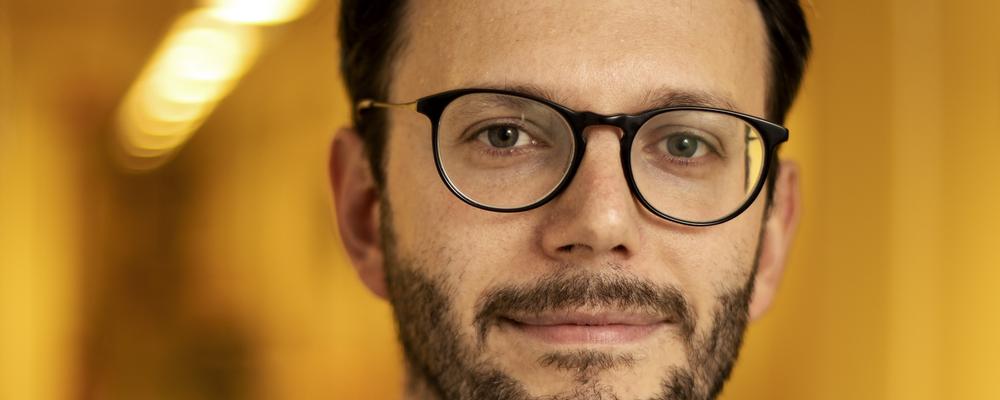
Wallenberg Academy Fellows
The Wallenberg Academy Fellows is the largest private investment in young researchers in Sweden. The following researchers at the University of Gothenburg have been granted long-term funding.
About the Wallenberg Academy Fellows
The Foundation supports long-term, free basic research beneficial to Sweden, mainly in medicine, technology, and the natural sciences. This is achieved through long-term grants to excellent researchers and to projects. The Foundation can also initiate grants to strategic projects and scholarship programs.
Jacob Nyrup
Department of Political Science
Faculty of Social Sciences
Gaia Olivo
Department of Psychology
Faculty of Social Sciences
Davide Angeletti
Institute of Medicine
Sahlgrenska Academy
Linda Johansson
Institute of Biomedicine
Sahlgrenska Academy

Prolongation of Wallenberg Academy Fellows
The following researchers have been given another 5-year-long support from the Knut and Alice Wallenberg Foundation.

Graham Leigh
Faculty of the Humanities (2020)
Department of Philosophy, Linguistics and Theory of Science
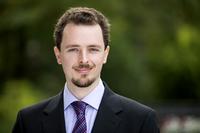
Björn Burmann
Faculty of Science (2020)
Researcher in Biophysics at the Department of chemistry and Molecular Biology

Erik Larsson Lekholm
Sahlgrenska Academy (2020)
Professor at the department of Medical Biochemistry and Cell Biology
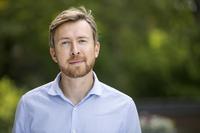
Sebaastian Swart
Faculty of Science (2020)
Researcher at the department of Marine Sciences.
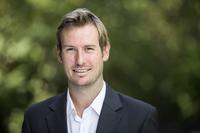
Ann Towns
Faculty of Social Science (2020)
Professor at the Department of Political Science
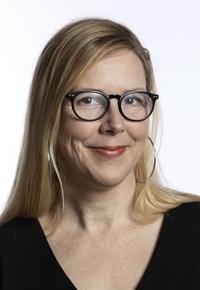
Previous Wallenberg Academy Fellows
Anne Bjorkman
Natural science (2019)
In the Arctic, climate change is leading to double the rise in temperature compared to other regions on the planet. Anne Bjorkman studies how Arctic plants and ecosystems change due to a warmer climate, with the goal of being able to predict whether these changes will in turn affect the global climate.
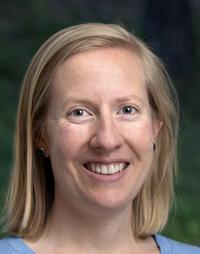
Thorsten Berger
Technology (2019)
Developing complex software for vehicles, phones, computers or apps requires you being able to handle many different versions or variants of the software. Thorsten Berger will develop methods and tools for the next generation of version control systems, which will work in an age of constant software development and artificial intelligence.
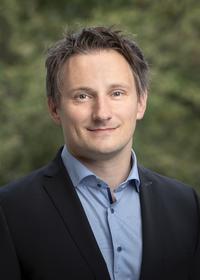
Hiroki Shibuya
Medicine (2019)
When the germ cells are formed, cells divide through so-called meiosis and 23 of the 46 chromosomes are passed on to the daughter cells.
Hiroki Shibuya will identify which processes control meiosis, to understand why it sometimes goes wrong and some people are born with chromosomal aberrations.
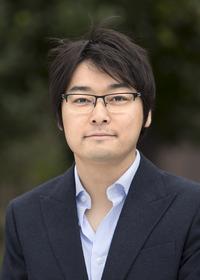
Karl Börjesson
Natural science (2017)
Research field:
Synthesis of complex molecules for use in materials science. Photophysical/electrical characterization of molecular systems.
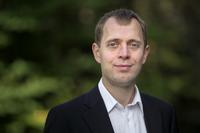
Elin Naurin
Social science (2017)
Research field:
Representative democracy and political behaviors.
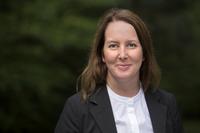
Stefano Romeo
Medicine (2017)
Research field: The impact of genetic variations on blood lipids and metabolic liver disease.
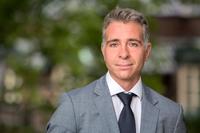
Björn Burmann
Natural science (2016)
Research field: Macromolecular cellular protein mechanisms, studied using high-resolution NMR spectroscopy.

Ana María Mora-Márquez
Humanities (2015)
Research field: Philosophy, history of philosophy, Aristotelian logic, dialectics.
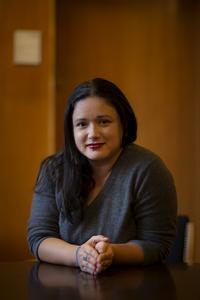
Graham Emil Leigh
Humanities (2015)
Research field: Mathematical foundations of truth

Mia Liinason
Humanities (2015)
Research field: The fight for women’s and LGBT rights.
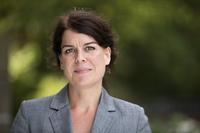
Erik Larsson Lekholm
Medicine (2015)
Research field: Mutations in non-coding DNA.

Sebastiaan Swart
Natural science (2015)
Research field: Studies of ocean processes, mainly physical, with the help of underwater autonomous vehicles.

Previous Wallenberg Academy Fellows 2013–2014
2014
Humanities
Joakim Sandberg
Natural science
Alexandre Antonelli
2013
Medicine
Henrik Zetterberg
Natural science
Sebastian Westenhoff
Social science
Ann E Towns
Staffan I Lindberg